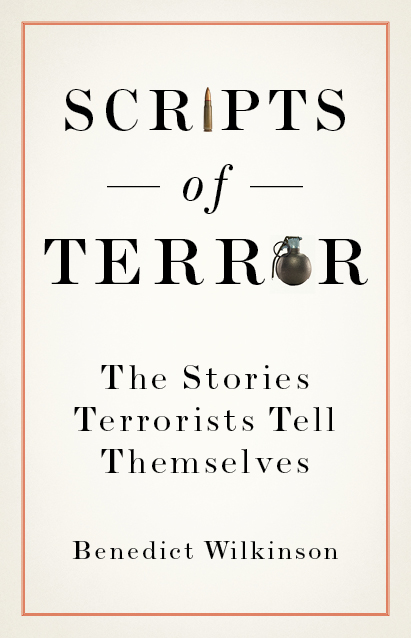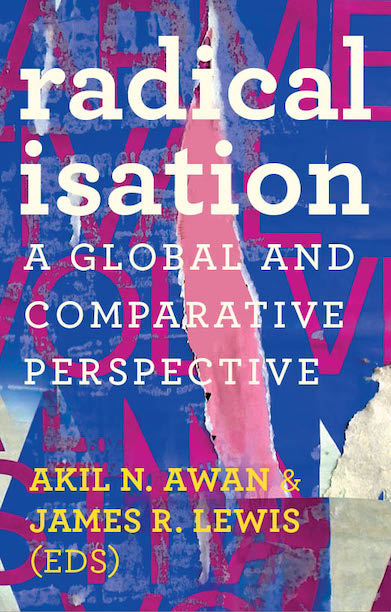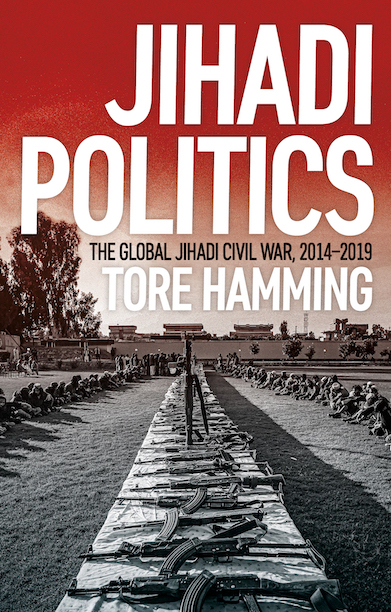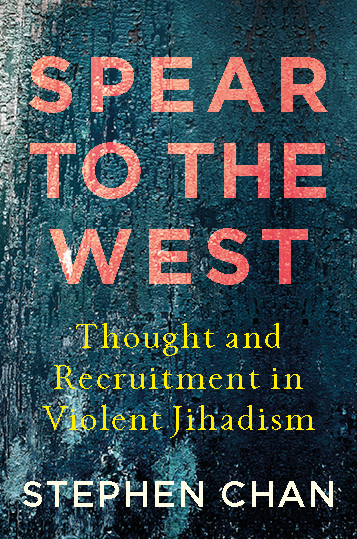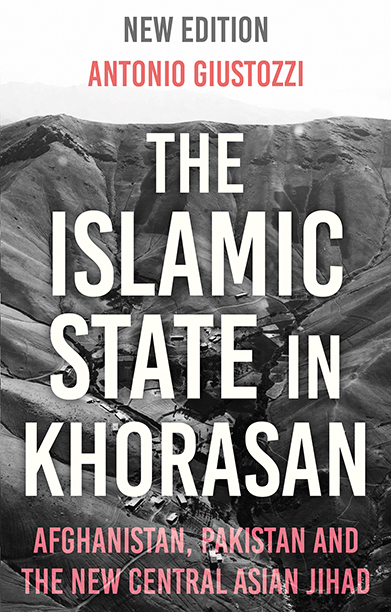Scripts of Terror
The Stories Terrorists Tell Themselves
How do terrorists resolve the tension between their ambitions and their often limited resources?
Description
This book explores terrorism as a strategic choice—one made carefully and deliberately by rational actors. Through an analysis of the terrorist groups of Egypt, Saudi Arabia and Yemen, it charts a series of different strategic ‘scripts’ at play in terrorist behaviour, from survival, to efforts in mobilising a supporter base, through to the grinding attrition of a long terrorist campaign.
The theme that runs through all these organisations is the unbridgeable gap between their strategic vision, and what actually unfolds. Regardless of which script terrorists follow, they often fall short of achieving their political ambitions. And yet, despite its frequent failure, the terrorist strategy is returned to time and again—people continue to join such groups, and to commit violence.
Scripts of Terror explores the reasons behind this. It asks why, if terrorism is so rarely successful and so hard to pull off, its approach remains an appealing one. And it examines how terrorists formulate their strategies, and how they envisage achieving their ambitions through violence. Most importantly, it explores why they so often fail.
Reviews
‘Scripts of Terror offers an essential contribution to our understanding of Islamist groups’ narratives. In this stimulating, clearly written and empirically engaging book, Wilkinson offers every researcher or student a compelling and inspiring framework for understanding how the terrorist mindset might explain violent, yet often unsuccessful, endeavours.’ — International Affairs
‘The vast majority of terrorist, insurgent and revolutionary movements have failed spectacularly, so why do they continue to nurture a romantic strategic vision? This exceptionally well-researched and brilliantly argued text answers this question.’ — Richard J. Aldrich, Professor of International Security, University of Warwick, and Fellow of the Royal Historical Society
‘Terrorists have big ambitions but very little power, so what motivates them to achieve their goals? Wilkinson answers this question by analysing the scripts of terrorism—the stories terrorists tell themselves. Essential reading for students and researchers of terrorism.’ — Jack Holland, Associate Professor in International Relations / Security, University of Leeds
‘Wilkinson’s book is an important contribution to terrorism literature. It systematically identifies and interrogates a series of scripts used by violent Islamist groups in pursuit of their aims. A highly informative read for students and scholars of terrorism alike.’ — Wyn Bowen, Head of School for the School of Security Studies, King’s College London
‘Much has been written about the phenomenon of terrorism, but this book offers a fresh perspective, entering the mindset of terrorists in order to understand why they use terrorist methods when such methods rarely succeed. A very valuable addition to the literature on terrorism.’ — Helen Fenwick, Professor of Law, Durham University
‘Terrorism rarely achieves its aims because the grand political and social ambitions motivating violence are usually far beyond perpetrators’ means to affect. Benedict Wilkinson’s excellent book explores ways terrorists have attempted the fundamental work of strategy: pairing means and ends.’ — Kori Schake, Deputy Director-General, International Institute for Strategic Studies
‘Offers a new perspective for analysing terrorist decision-making.’ — CHOICE journal
Author(s)
Benedict Wilkinson is Senior Research Fellow at King’s College London’s Policy Institute, where he works on contemporary defence, security and foreign policy issues. He completed his PhD in War Studies at King’s under the supervision of Professor Sir Lawrence Freedman, during which time he was Head of Security and Counter-Terrorism at RUSI. This is his second book.
